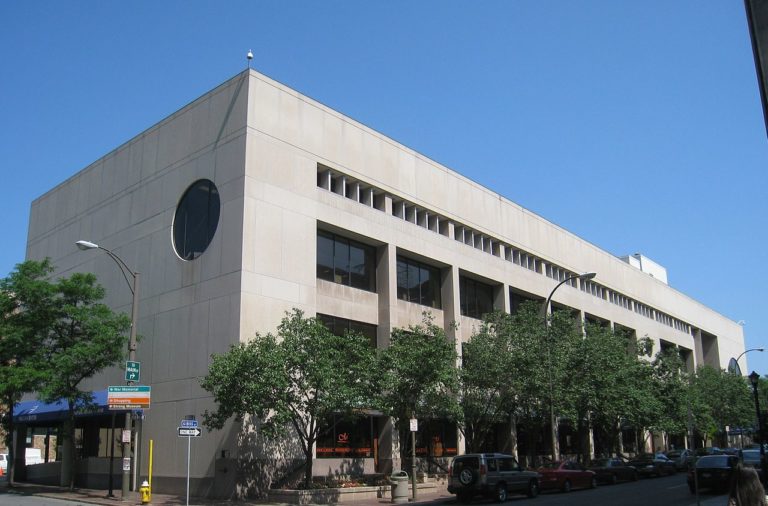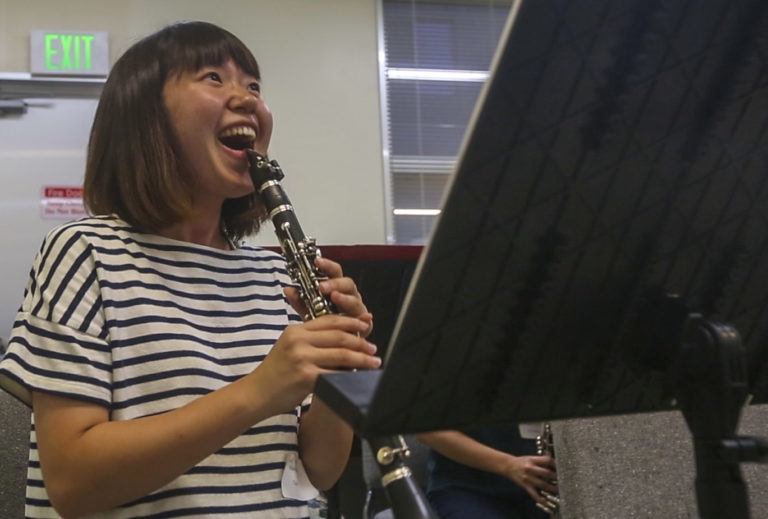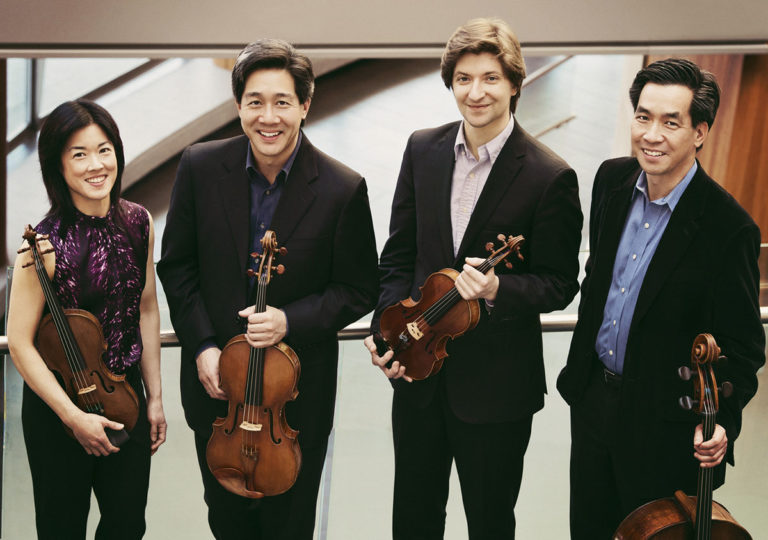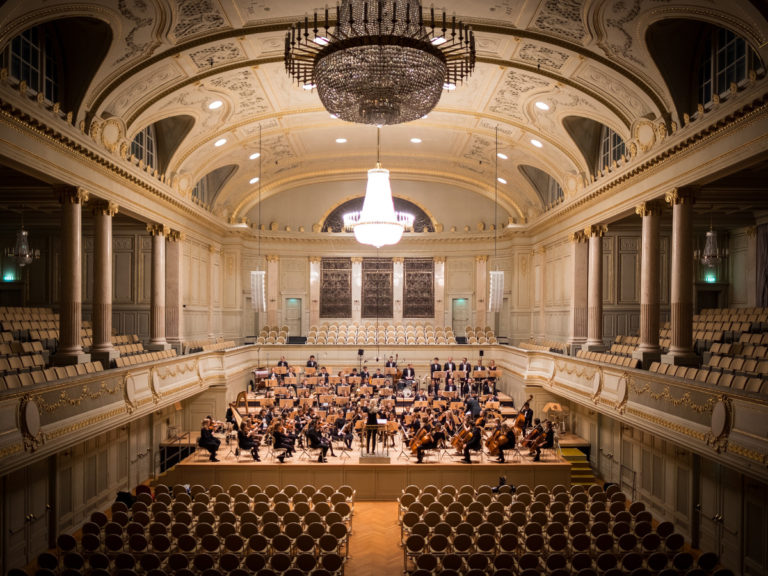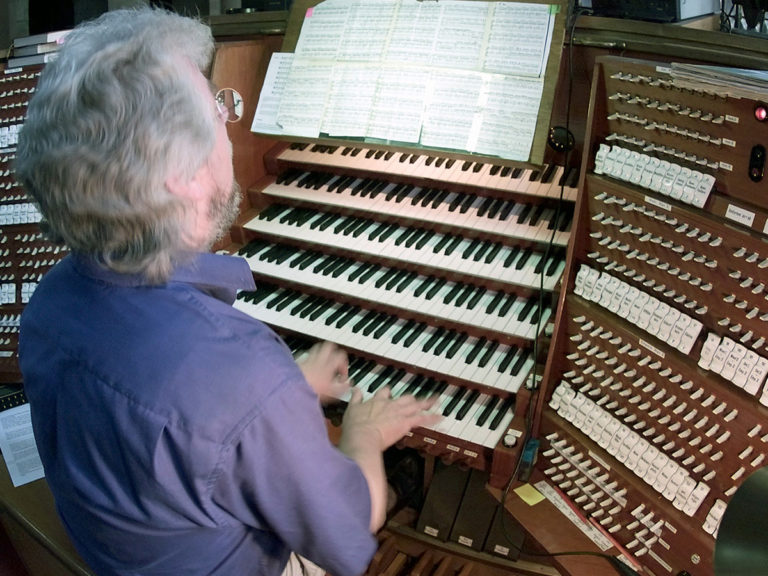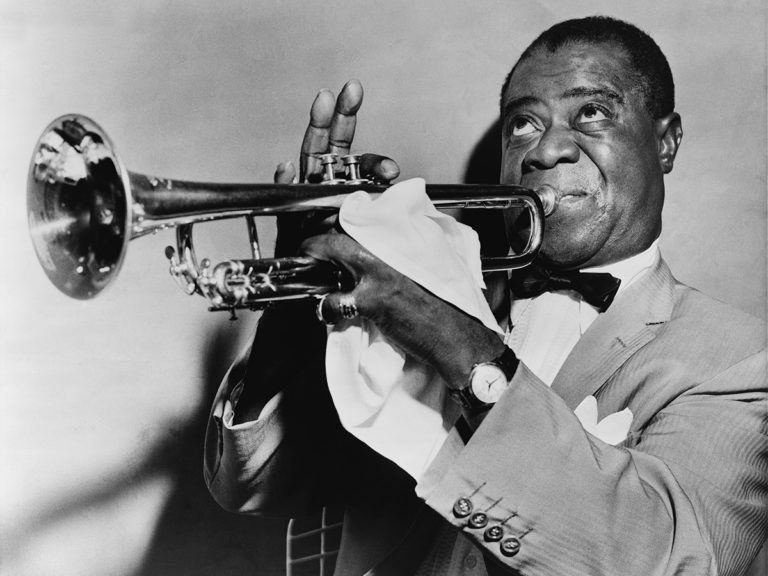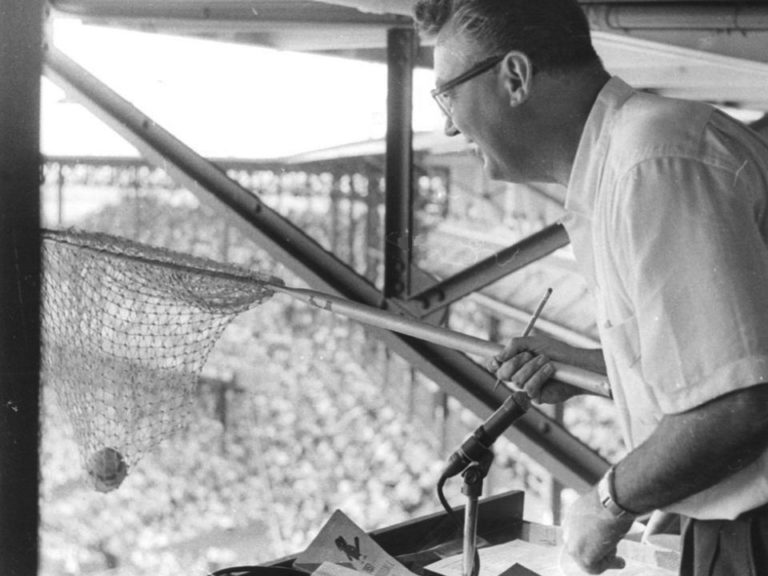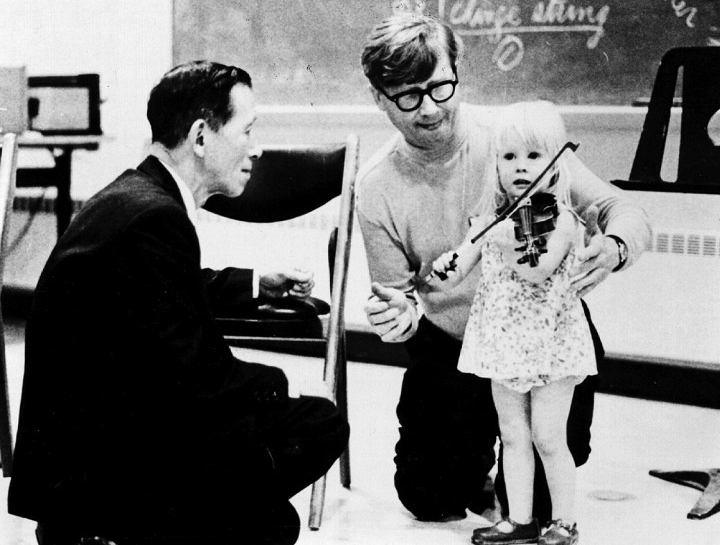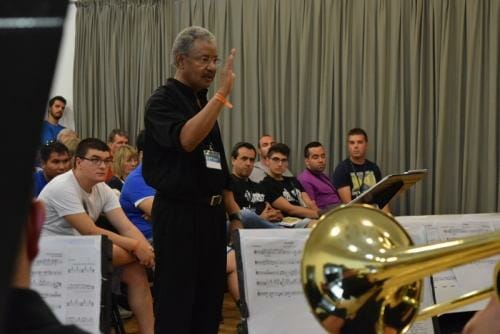
Some Private Thoughts on the History and Future of Race and Music in America
The essay which follows is written by a Caucasian-American in his mid-80s, summarizing his thoughts on where we have been and where we are heading as he approaches the end of his life. He has been privileged by superb parental guidance, the privileges of his race, an excellent education, and hard work, to rise from the lower middle class to the upper middle class, while leading three of the nation’s most respected professional schools of music for 34 years. This

